Mysuru: Humanity’s relationship with plastic is rather schizophrenic.
It is present in almost every aspect of modern life — from water bottles to aircraft. Without it, our lives would not be the same. However, it is now considered an environmental evil because of the havoc that plastic waste wreaks. We see it on our streets, in our rivers and lakes, on our beaches and even in our deepest oceans.
Prime Minister Narendra Modi had announced an ambitious pledge to eliminate all single-use plastic in India by 2022. He said, “The choices that we make today will define our collective future. The choices may not be easy. But through awareness, technology and a genuine global partnership, I am sure we can make the right choices. Let us all join together to beat plastic pollution and make this planet a better place to live.”
This is the pledge that the Prime Minister has made and in Mysuru too, plastic has been banned to stop the environment damage it causes because of constant usage. However, with little or no care for this ban, one finds repeated and omnipresent use of plastic bags, glasses, spoons, water bottles and plastic sheets, especially in Kalyana Mantaps and Choultries.
The environmentally harmful plastic carry bags, flexes, flags, buntings, plates, glasses, spoons, plastic sheets spread on the dining tables and materials made of thermocol cannot be used. The State Government has passed an order under Section 5 of Environment Protection Act 1986 banning all types of production and selling of the above mentioned items.
However, despite the best efforts of the Mysuru City Corporation (MCC) and environmentalists, the ban has not been all that successful. In most of the shops, the plastic carry bags are discreetly sold. The ban of its selling and usage seems to be strictly imposed only in the Central Business District of the city. But this does not seem to have any impact on the business outlets in the outskirts.
Most of the vegetable and fruit shops are giving plastic bags as customers do not carry any bags with them. Even in tea shops, the use of plastic cups has not stopped. However, according to MCC Health Officer Dr. D.G. Nagaraju, several raids have been carried out on shops selling plastic bags and stocks have been seized.
The MCC has also taken stringent action against those selling such items. In future too the raids will be intensified, he added.
Despite all this, plastic carry bags can be seen at garbage dumps in most parts of the city. When garbage collectors come to houses to collect garbage, it is given in plastic bags and this clearly shows how effective the ban is.
Use of plastic carry bags and other plastic items will have both short-term and long-term effects on environment and health. Plastic waste blocks the flow of sewage water inside drains and underground drainage thus polluting the water.
One study has found that every year, over eight million metric tonnes of plastic ends up in the oceans and by 2050, there will be more plastic than fish in the oceans. Micro-plastics have been found to contaminate bottled water and are small enough to enter the food chain.
Exemption for plastic use
According to Section 5 of Environment Protection Act 1986, the following plastic items have been exempted from the ban:
- Plastic units set up in Special Economic Zone (SEZ) and Export Oriented Units (EOU) for exporting and producing plastic materials for exclusive export orders.
- Plastic packing material used primarily while packing and sealing them and using plastic bags as part of packing.
- Plastic bags and sheets based on the order used by the Forest and Horticulture Department for use in nurseries.
- Packing for milk and milk products.
Action against violators
Those who violate the Environment (Protection) Act 1986, Section 194, the Departments in the respective limits including Forest, Environment and Ecology, District Administration, Revenue Department Assistant Commissioners, Pollution Control Board Chairman, Member Secretary and all Regional Officers of the State Pollution Control Board have been directed to take action.
What is plastic?
Materials made of Polypropylene (PP), non-woven polypropylene, multi-layer co-extruder polypropylene, Polyethylene (PE), Polyvinyl Chloride (PVC), high and low density Polyethylene (HDPE & LDPE), Thermocol, Polystyrene (PS, Poly Amides (nylon), Poly terephthalate (PET), Polymethyl methacrylate (PMMA) and material made from plastic micro-beads all come under plastic.
“We will call a meeting of Choultry and Kalyana Mantap owners shortly and discuss with them about the use of plastic sheets, spoons, glasses and bottles and direct them not to use them. If they still refuse to follow the orders, they will be issued notices and action will be taken.” —Dr. D.G. Nagaraju, Health Officer, Mysuru City Corporation



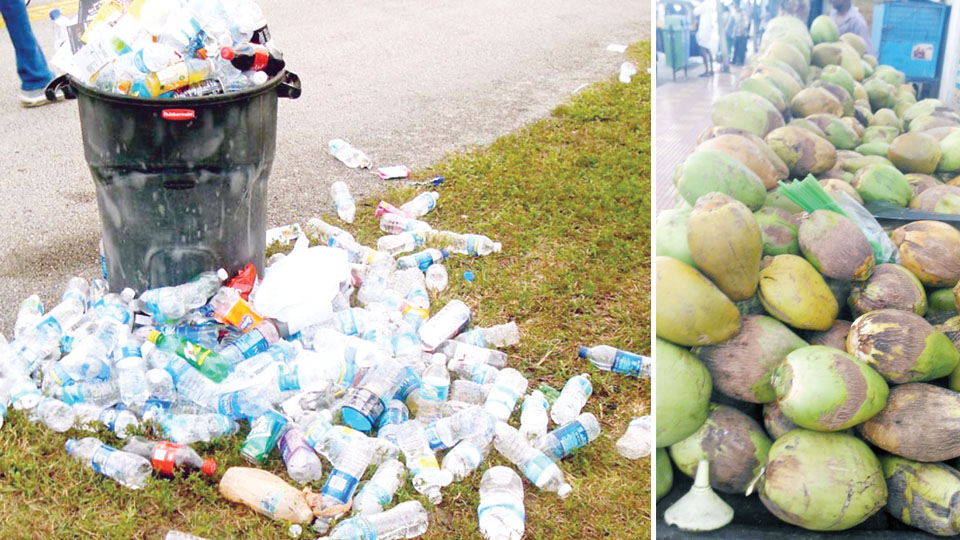
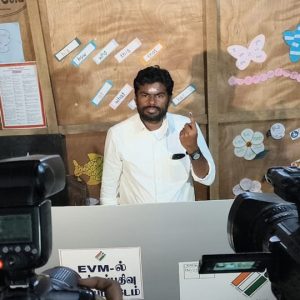
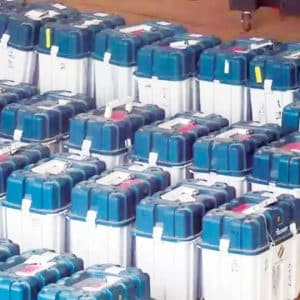
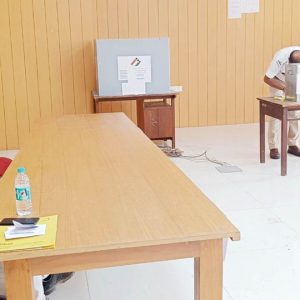
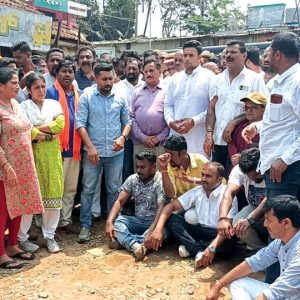
Recent Comments